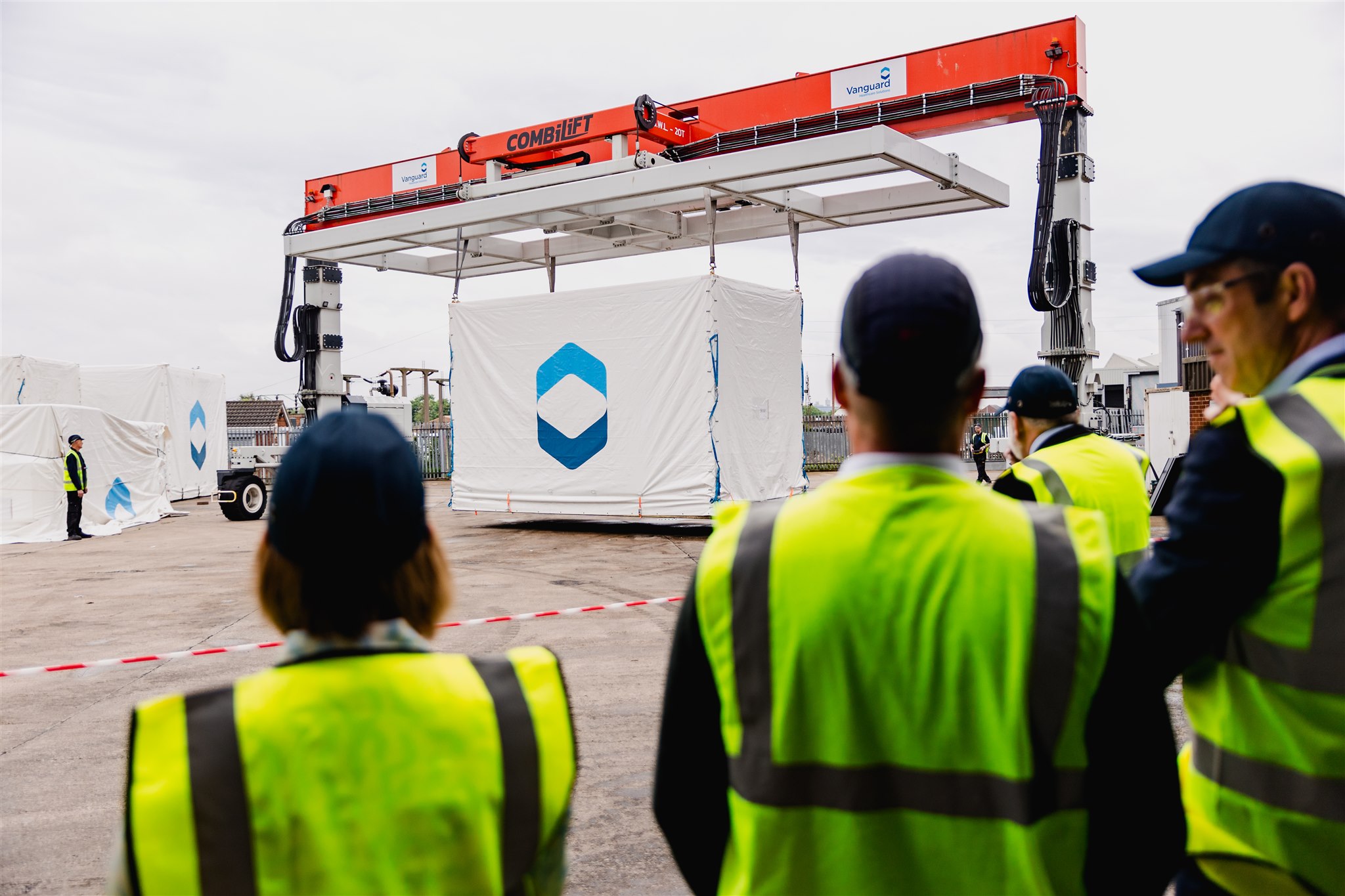Q-bital Healthcare Solutions in partnership with Bowel Cancer Australia are pleased to release a new white paper 'The Impending Bowel Cancer Crisis'.
Australia has one of the highest rates of bowel cancer in the world with 1 in 13 Australians developing the disease in their lifetime. Bowel cancer is Australia’s third most commonly diagnosed cancer and the second leading cause of death. When detected early, the five-year survival rate for bowel cancer can be as high as 99 per cent. However, even prior to the pandemic, only 46 per cent of bowel cancer cases were being diagnosed in Australia at an early stage.
COVID-19 has significantly disrupted cancer services and treatment pathways in Australia. Measures taken by governments to mitigate the spread of the virus have reduced patient traffic. Many patients have been avoiding medical appointments to access the diagnostic services they need in a timely manner. As a consequence of the backlog of missed screenings and diagnoses, and the reduced capacity to deliver follow-up examinations, health experts in Australia are anticipating an impending deluge of more advanced cancer cases as normal cancer services gradually resume. A recent Cancer Australia study showed that between March and April 2020 alone, the number of colonoscopies utilised to diagnose bowel cancers fell by 55 per cent. Referrals to oncology centres also plummeted, with a 40 per cent reduction reported in August as compared with previous years. It is easy to see why health experts are so concerned. It is now more likely that patients will continue to present with more advanced disease, requiring more complex treatments and resulting in poorer outcomes.
Julien Wiggins, CEO Bowel Cancer Australia commented: "Early diagnosis is a key predictor of surviving bowel cancer and positive test results, and symptoms need to be investigated via timely colonoscopy. Studies have long established that delays in screening, diagnostic, and surveillance colonoscopies increase the risk for bowel cancer progression and mortality.
It is now more likely that patients will present with more advanced disease, require more complex treatments and experience poorer outcomes. Planning for post-COVID-19 colonoscopy catch-up and ongoing capacity is urgently required to ensure bowel cancer doesn’t become the forgotten ‘C’ in the long shadow of COVID-19."
This new white paper report released today highlights the urgent need for Australian governments to invest in additional colonoscopy capacity. By ensuring timely access to colonoscopy, we can avert a potential bowel cancer crisis.
You can view and download the full white paper by clicking the button below.



Q-bital Healthcare Solutions
Unit 1144 Regent Court, The Square, Gloucester Business Park, Gloucester, GL3 4AD
